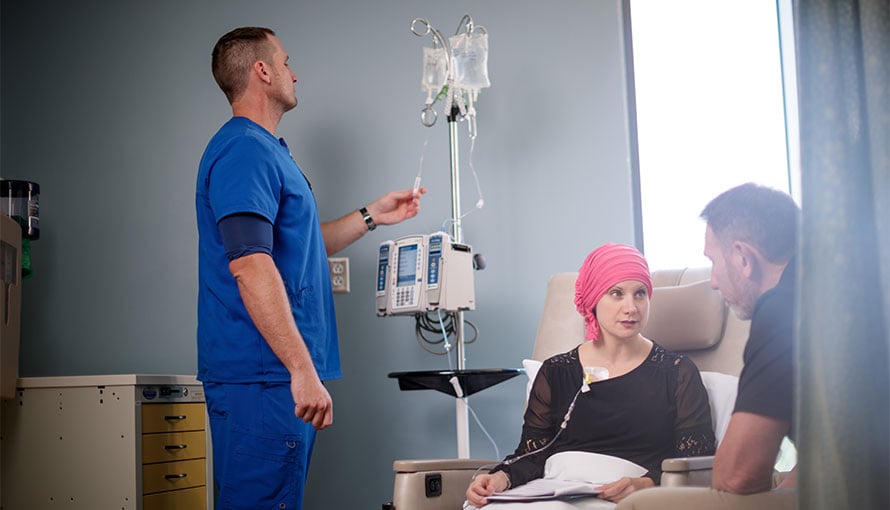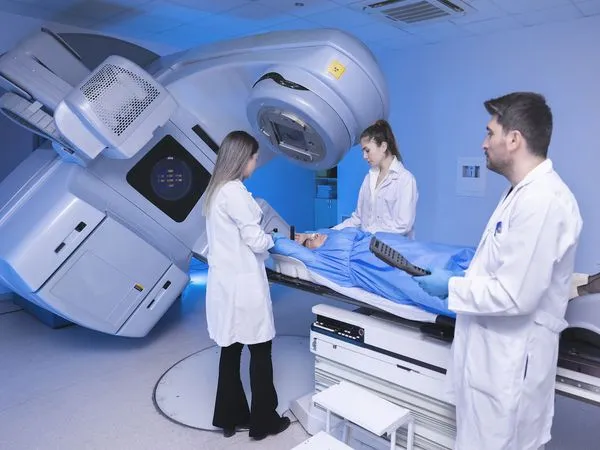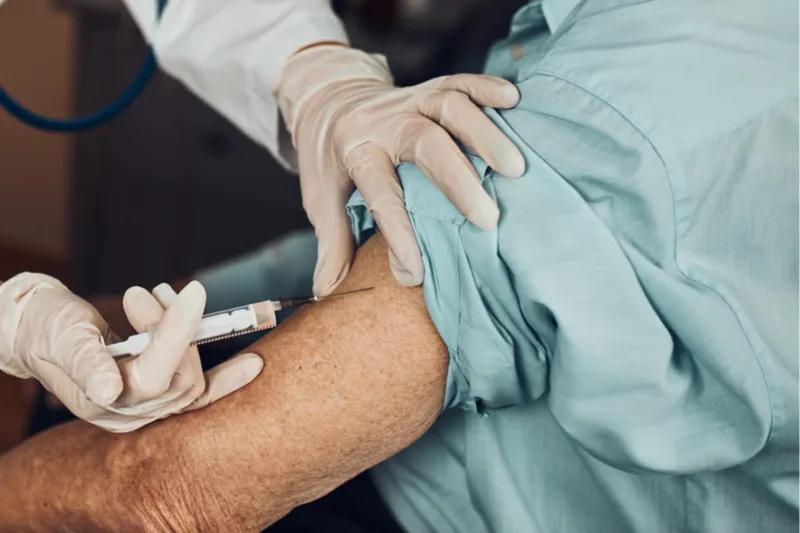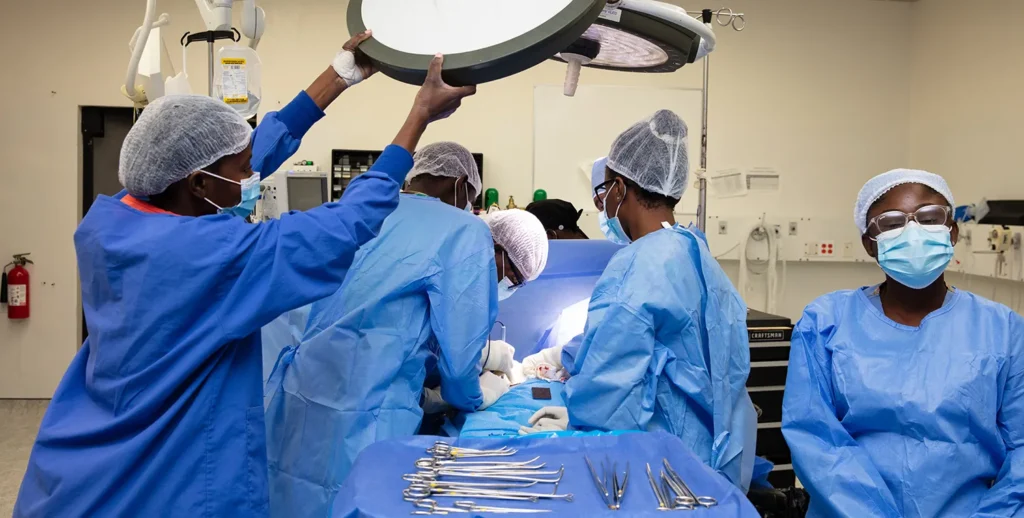Cancer treatments save many lives, but they can also cause infertility. Chemotherapy, radiation, and some surgeries may harm fertility in men and women. For women, these treatments can damage the ovaries or eggs, and for men, they can lower sperm production. Thankfully, there are ways to protect fertility before treatment starts. Options include freezing eggs, sperm, or embryos, and storing ovarian or testicular tissue. It’s important to talk to a doctor early about these choices. Fertility preservation is now an important part of cancer care, giving patients hope for the future.
Fertility and cancer
Cancer treatments like chemotherapy, radiation, and surgery can make it harder to have children. About 15% to 30% of men might have trouble having kids after treatment. Women have a 35% to 38% lower chance of getting pregnant after cancer treatment. This depends on the type of treatment and age. Doctors might suggest freezing sperm or eggs before treatment to protect fertility. It’s important to talk to a doctor about fertility before starting treatment. Getting help early can make a big difference. There is also support for people facing fertility problems after cancer.
Chemotherapy

How it affects female fertility
Chemotherapy, a common cancer treatment, can harm the ovaries and affect hormone levels, which might lead to infertility or early menopause. The effects depend on the drugs used. A 2023 study found that some drugs, like alkylating agents and topoisomerase inhibitors, can damage the ovaries by reducing the number of eggs. Methotrexate, another drug, may cause temporary infertility by affecting developing eggs. Taxanes can lower a hormone that shows how many eggs are left in the ovaries. These effects can be different for each person, depending on age, health, and treatment. Some women may face short-term infertility, while others could have long-term issues. Doctors may suggest freezing eggs before treatment to protect fertility. It’s important to talk with a doctor about the risks and options.
How it affects male fertility
Chemotherapy can affect male fertility by harming the cells that make sperm. These cells are very sensitive to chemotherapy, which can lower sperm production over time. At first, there may be fewer developing sperm cells, leading to a drop in sperm count after a few weeks. In some cases, it can result in very low sperm levels or no sperm at all in the semen. Chemotherapy can also damage sperm, affecting its quality and causing DNA issues that may impact future children. Hormonal changes from chemotherapy can also disrupt sperm production. These effects depend on the type of treatment and the person’s health. Men worried about fertility can consider sperm banking before treatment. Talking to a doctor early is important to plan ahead.
Radiation therapy

How it affects female fertility
Radiation therapy helps treat cancer but can affect your ability to have kids later. It can cause early menopause, infertility, or delays in puberty. If you have cervical cancer, radiation may harm your cervix. Radiation can lower the number of eggs in your ovaries, making it harder to get pregnant. It can also change your uterus, which might cause early birth or low birth weight. Radiation to your head can affect hormones and your periods. It can also damage the uterus, making it harder to have children. These effects depend on the treatment. Talk to your doctor about these risks before starting radiation.
How it affects male fertility
Radiation therapy can affect male fertility by damaging the testicles, where sperm is made. This can lower sperm production, either for a short time or permanently. The damage depends on the dose of radiation, the area treated, and your age. High doses to the testicles can cause permanent infertility, while lower doses may cause a temporary drop in sperm production. Everyone’s experience is different. Some men may recover their fertility after treatment, while others may not. It’s important to talk to your doctor about fertility risks before starting radiation. Sperm banking is one way to protect fertility. Planning ahead can help keep options open for the future.
Hormone therapy

How it affects female fertility
Hormone therapy is used to treat cancers like breast cancer. It works by blocking or changing your body’s hormones to stop cancer. This can make your period irregular or stop it. If your period stops, it might be harder to get pregnant. How much your period changes depends on the treatment. Some women have temporary changes, while others have long-lasting ones. Talk to your doctor about how this could affect your ability to have kids. You can freeze your eggs to protect your fertility. Knowing how the treatment works helps you make the best choices.
How it affects male fertility
Prostate cancer can grow because of testosterone. Hormone therapy lowers testosterone or blocks it to stop cancer growth. But this can also reduce sperm production and cause infertility. Hormone therapy can also cause erectile dysfunction, making it harder to have children. Talk to your doctor about how the treatment might affect your ability to have kids. You might want to store sperm before starting treatment. This way, you can have more options later. It’s important to understand how hormone therapy affects fertility while treating cancer.
Surgery

How it affects female fertility
Surgery can affect a woman’s ability to have babies, depending on what organs are involved. If the ovaries, uterus, or fallopian tubes are removed, it can make it hard to get pregnant. The cervix can also be affected, causing problems with fertility. Surgery that causes scars or damages the reproductive organs or nearby areas can also make it harder to have children. Even if part of an organ is removed, it can still affect fertility. The impact depends on how much damage is done. Some women can still have babies with help from doctors. It’s important to talk to your doctor about how surgery might affect fertility. This way, you can understand your options and plan for the future.
How it affects male fertility
Cancer surgery in men can affect having children. Removing the testes can lower sperm and testosterone. Surgery can also cause scar tissue that blocks sperm flow or hurts nearby organs. Nerves that help with ejaculation might get damaged. Surgery can also change blood flow to reproductive organs, affecting fertility. How much it affects depends on the surgery. Men should talk to their doctor about saving sperm before surgery. Acting early can help reduce risks. Knowing the effects helps make better choices. Early planning can help in the future.
Stem cell transplants
Stem cell transplantation (SCT) is a treatment for serious health problems like cancer. It helps the body make healthy blood cells by replacing damaged bone marrow. SCT is important for treating leukemia and can save lives. But it can affect having children. SCT often includes chemotherapy and sometimes radiation. In women, it can hurt the ovaries and cause period problems or make it hard to have children. In men, it can hurt the testes and affect sperm. These effects depend on the treatment and age. Patients should talk to their doctor about saving sperm or eggs before treatment. Freezing sperm or eggs can help protect fertility.
Preserving your fertility
For females
Preserving fertility is important for women who might have trouble having kids after treatments like chemotherapy. One way to do this is by freezing eggs before treatment. If a woman has a partner, they can freeze embryos with the partner’s sperm. Another option is freezing part of the ovaries to use later. It’s important to talk to a doctor about the best option before starting treatment. The sooner this is done, the better. Fertility preservation gives women more chances to have kids later. Some treatments might not affect fertility as much, so it’s good to ask a doctor. Being prepared helps make better choices for the future.
For males
Sperm cryopreservation is a way to save male fertility. It involves freezing sperm in a semen sample at very low temperatures. Freezing stops all activity, keeping the sperm safe for later use. When you’re ready to have children, the sperm can be thawed and used in treatments like IVF or IUI to help with pregnancy. If you’re having radiation therapy, special shields or cups can protect your testicles while letting the treatment focus on other areas. This process helps preserve fertility for men facing treatments that could affect their ability to have children later.
Coping with infertility and cancer
Coping with infertility and cancer is hard and emotional. Cancer treatments like chemotherapy and radiation can make it harder to have kids. This can feel scary and stressful. Talking to doctors about your options, like freezing sperm or eggs, is important. Getting support from family, friends, or support groups can help you manage the emotions. It’s normal to feel upset, so asking for help is okay. Talking with your partner about how you both feel can also help. Everyone deals with it in their own way, so take it one step at a time. Focusing on your mental health is important. Even though it’s tough, many people find hope and strength to keep going.
